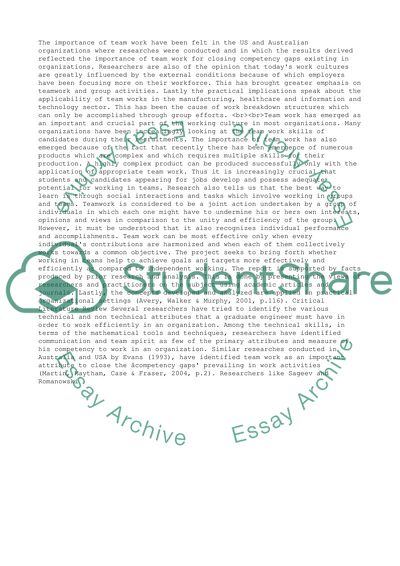Cite this document
(“Management Teamwork Essay Example | Topics and Well Written Essays - 2000 words”, n.d.)
Retrieved de https://studentshare.org/management/1391062-management-teamwork
Retrieved de https://studentshare.org/management/1391062-management-teamwork
(Management Teamwork Essay Example | Topics and Well Written Essays - 2000 Words)
https://studentshare.org/management/1391062-management-teamwork.
https://studentshare.org/management/1391062-management-teamwork.
“Management Teamwork Essay Example | Topics and Well Written Essays - 2000 Words”, n.d. https://studentshare.org/management/1391062-management-teamwork.


